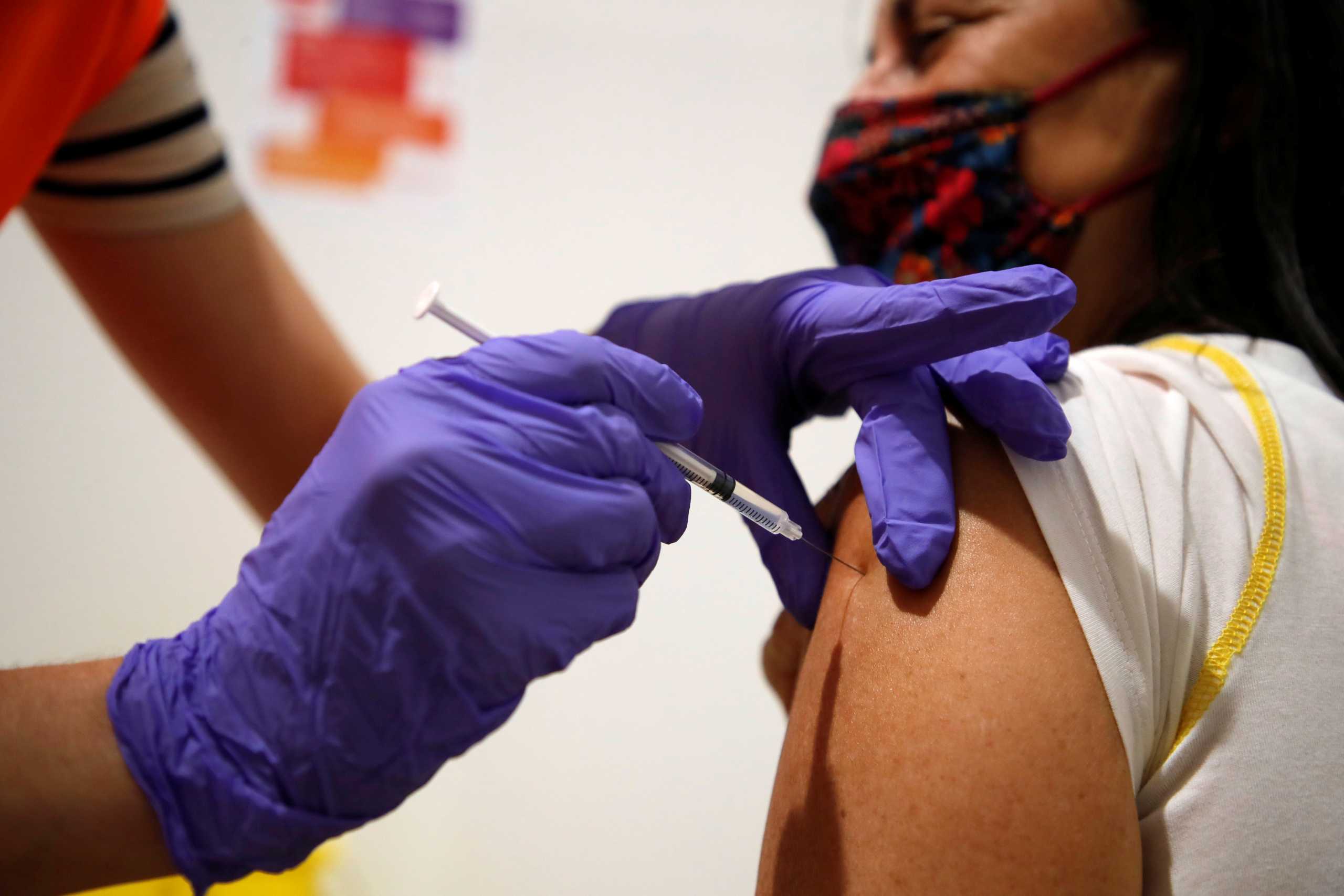Increase in vaccinations against it coronavirus all countries are seeking to increase the number of vaccinated citizens and reduce the pandemic. However, many have taken the first dose vaccine and have several questions about the second dose, as due to summer they were not consistent with their appointment at the vaccination centers.
The professors of the Medical School of the National and Kapodistrian University of Athens, Gikas Majorkinis and Thanos Dimopoulos (Rector of EKPA), answer frequently asked questions about the second dose of the coronavirus vaccine.
1. How bad or good is it that I delayed the second dose of my vaccine?
The optimal time interval between vaccine doses to develop the maximum possible immunity has been extensively studied. Basic principles of immunology say that there should be a period of 2-3 months between the first and booster dose as memory T cells with high proliferative capacity take several weeks to form. Similarly, memory B cells take several months to grow. Mathematical models based on immune responses in experimental animals suggest that the booster dose of any vaccine is expected to have better results when administered 45 to 90 days after the first dose.
2. The time between doses
The general rule is that the recommended intervals between doses of vaccines are the minimum that should be followed to achieve the expected immune effect. For example, if a vaccination requires 2 doses, which are 1 month apart, then if the second dose is not given in a month, it can be completed at any time, even months or years later, so that the vaccination is considered complete. Under no circumstances should the vaccination regimen be restarted. This principle of immunization applies to all vaccinations and is recorded in the guidelines of both the World Health Organization, the CDC and the PHE Green Paper on Immunization.
3. The immune response is better after a delay of the second dose
In addition to the basic immunization principles, there is ample evidence that delaying the second dose in existing COVID-19 vaccine regimens leads to a better immune response. Another recent study in the Lancet confirms the findings of other studies that the immune profile of the response after a second dose delay is significantly better than if the dose had been completed within the recommended time frame. The findings were related to the Oxford vaccine and showed that a delayed third dose led to even stronger immune responses at both antibody and cellular immunity levels.
4. I was late to give the second dose of COVID-19 vaccine for personal reasons. Am I not immune enough?
You have sufficient immunity and probably better than if you had completed it in the suggested time frame. Immunity is adequate and vaccination is considered complete whenever the second dose is completed after the recommended time.
5. For personal reasons I do not manage to make the second installment in the suggested time period. Should I postpone my vaccination until I can have both appointments at the suggested time?
There is no reason to postpone your appointment with the first dose of the vaccine. The suggested time period is the minimum. You should proceed to the first dose as soon as possible while you can complete the second dose later. The basic principles of immunization say that the result will be at least the same as if it was completed in the recommended time, while recent studies show that you will have significantly better protection.
READ ALSO
